What’s the most efficient way to heat a house? How to heat your home for less, according to experts
How to choose the correct system and make cost-effective changes during the winter
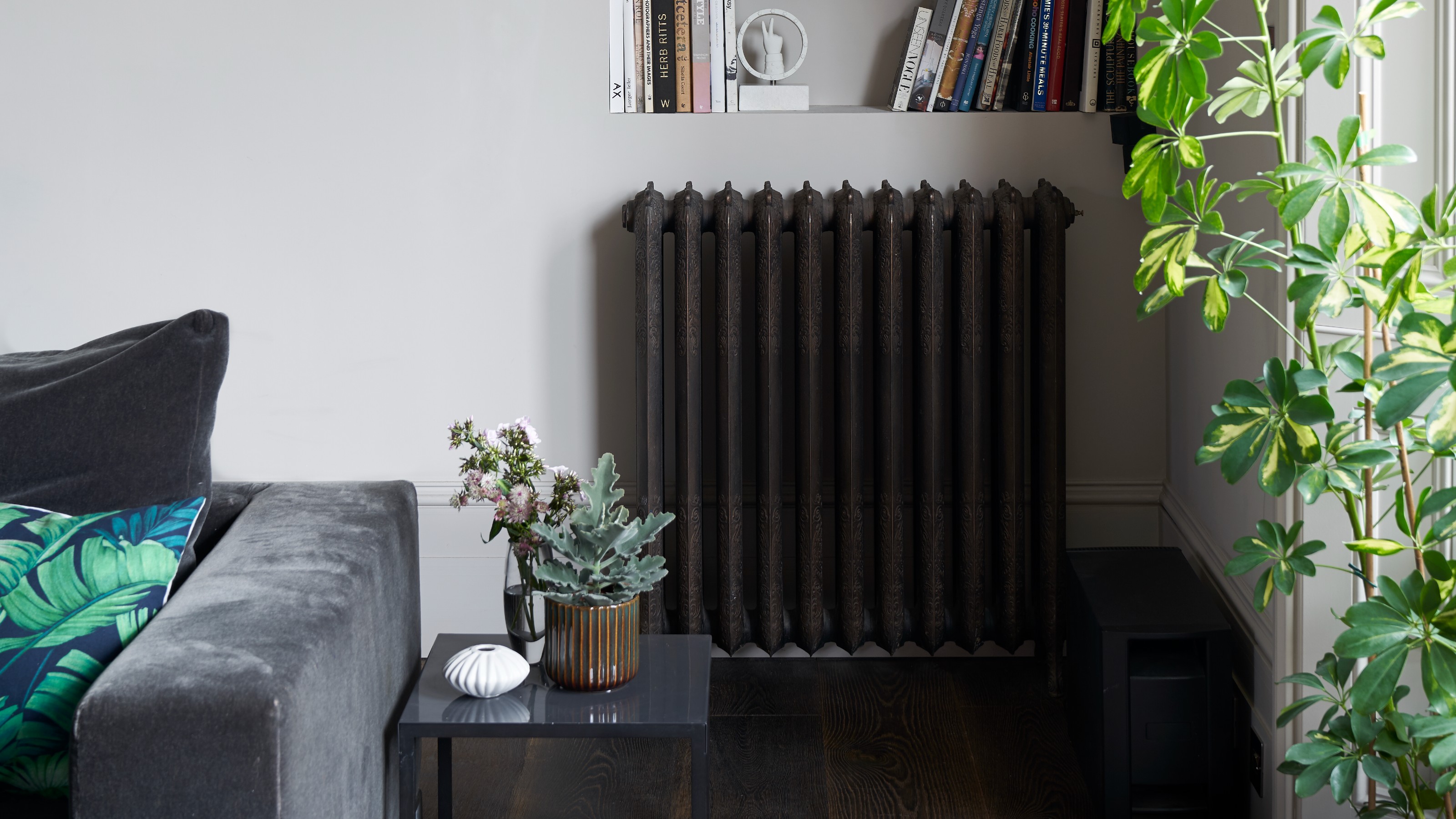

When the temperatures start to fall, energy bills start to rise. And as the cost-of-living crisis rages on, you may ask yourself: What’s the most efficient way to heat a house? After all, everyone wants to heat their home for less.
Yes, energy usage is a hot topic during the winter months. It’s important to keep your house warm in the winter but also to save energy and cut costs when you can. Because of this, it may be worth taking a look at how you currently heat your home - and whether you can make any changes that will make it run more efficiently.
It may be that you need to change your heating system or rethink your personal preferences, but questioning the most efficient way to heat a house is the biggest first step you can make. From there, you can take this expert advice to understand how the average UK household can save money on their energy bills… without freezing in the process.
The most efficient heating systems for the average UK house
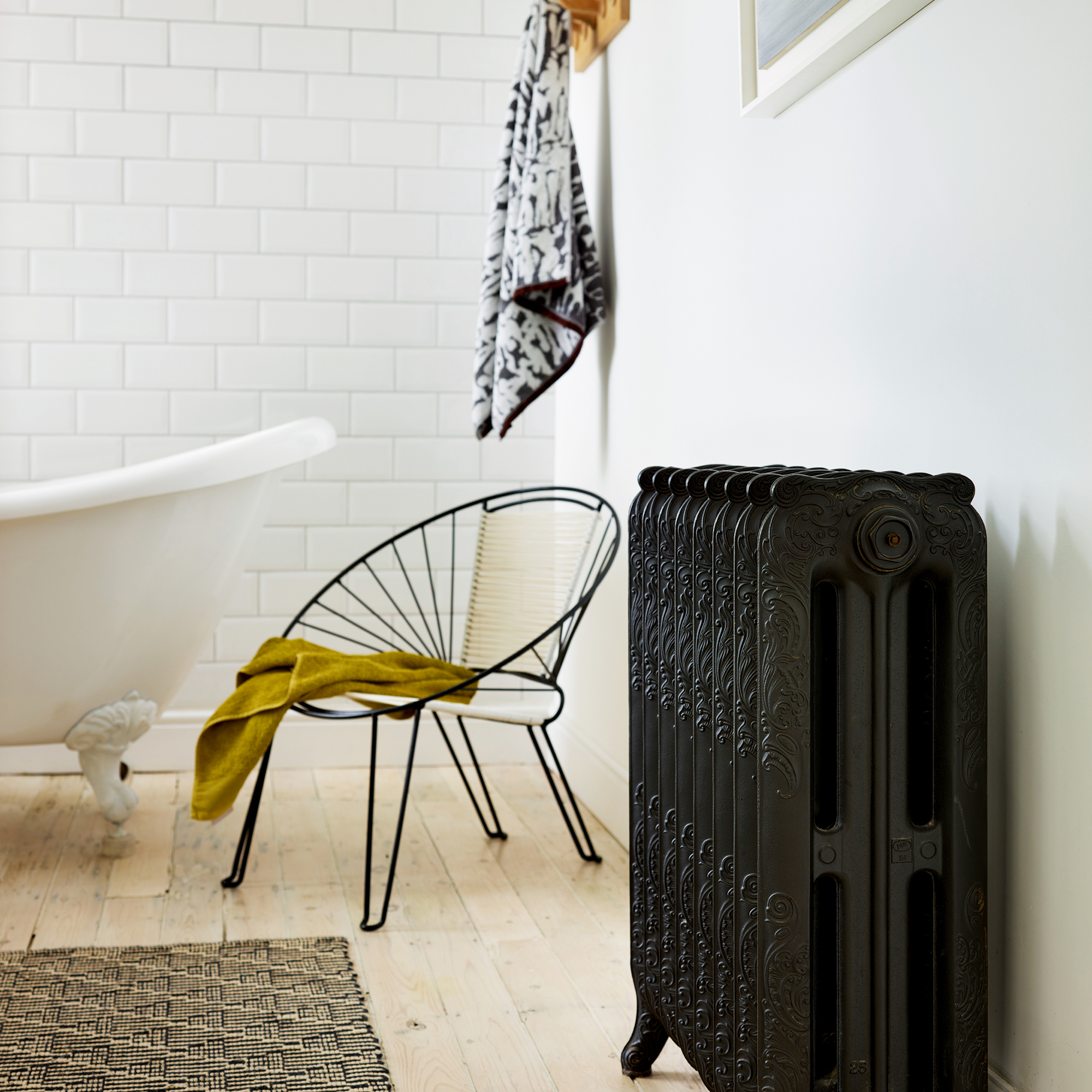
Whether you're looking to change your heating system or just curious, these three options are generally considered to be the most efficient way to heat a house:
1. Gas central heating
Generally, the more common something is, the more efficient it is. And that’s certainly the case for gas central heating. As Nicholas Auckland, heating and energy expert at Trade Radiators, explains, ‘Gas central heating is the most common type of home heating here in the UK. It works by a gas boiler heating up water, and this water is then circulated through radiators and pipes to heat up the home.’
As long as your gas boiler is maintained, your gas central heating system can efficiently heat your house for decades without any major problems. Plus, gas is typically cheaper than electricity (although it’s still worth knowing how much it costs to run central heating for an hour as this does depend on the energy price cap at the time), which means that it’s also more cost-effective than other alternatives out there.

Nicholas Auckland is a heating and energy expert with over 10 years of experience in the industry. Nicholas is dedicated to finding the best heating solutions for every need, as well as optimising energy usage, reducing costs and helping others live with lower costing energy bills.
2. Heat pumps

Although heat pumps have been around for a few years, they’re considered the newbies in the home heating world, and they come in two forms: air-source heat pumps and ground-source heat pumps. Nicholas says, ‘They work on electricity by extracting heat from either the ground or the air before transferring inside a home.’
Get the Ideal Home Newsletter
Sign up to our newsletter for style and decor inspiration, house makeovers, project advice and more.
This means that they are much greener than gas-powered heating systems, and many experts claim that they are now the most efficient way to heat a house. But they’re not a practical option for everyone, as the cost to run heat pumps is often much higher than gas alternatives, and the cost of installation can also be expensive.
3. Electric radiators
Electric radiators are an efficient way to heat a house in the UK, but it’s fair to say that they’re not as common as other options in this guide. As Nicholas says, ‘Electric radiators are ideal for heating your home if you don't have gas, but are more suitable for smaller homes and flats rather than big homes.’
As well as keeping your home warm and allowing you better control of your heating system (many electric radiators can be connected to Wi-Fi and smart technology, after all), they’re also incredibly cheap. In fact, this Futura Electric 1000W Radiator Panel from B&Q is just £79.99.
However, it’s important to note that electric radiators shouldn’t be confused with the best electric heaters.
The most cost-efficient ways to heat your home
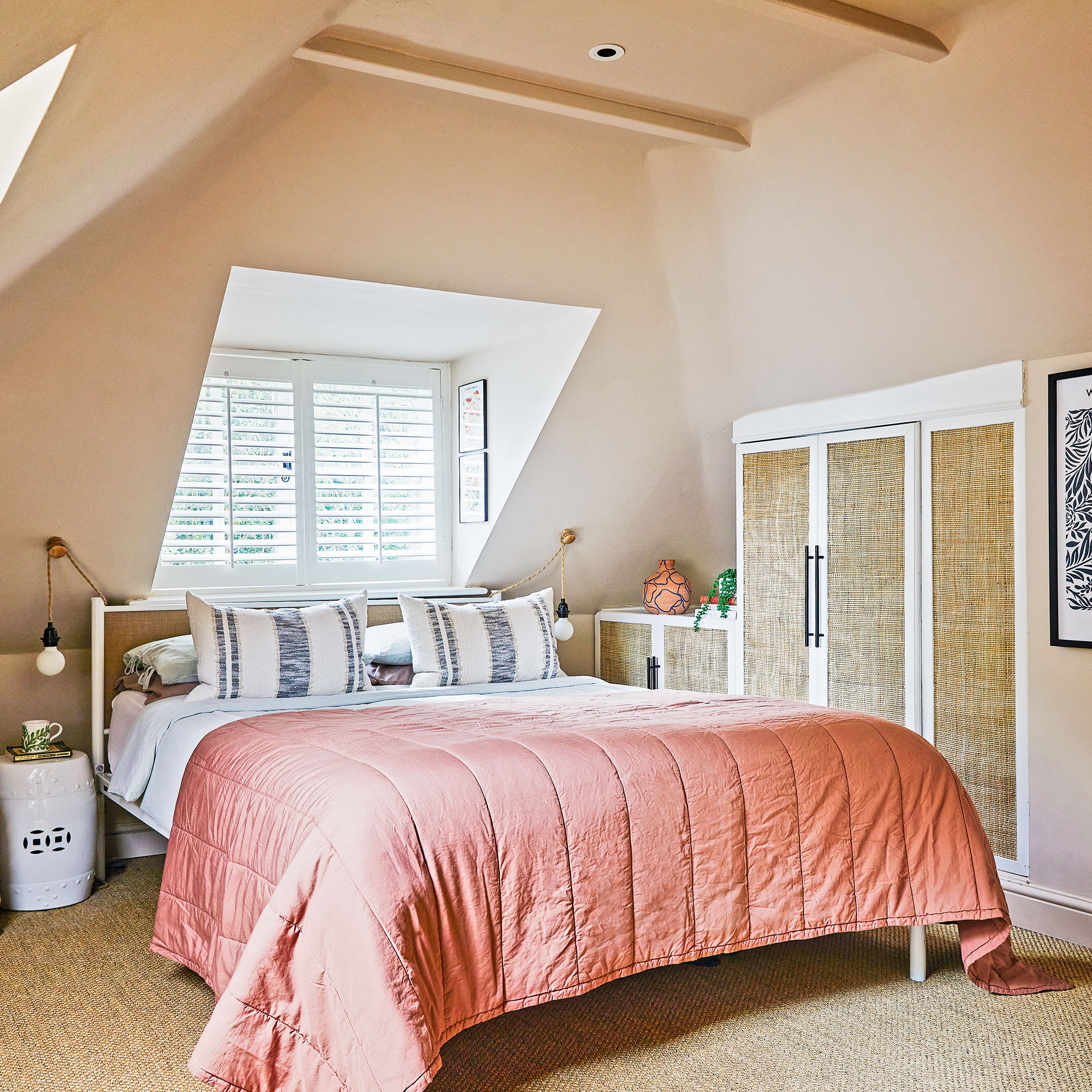
1. First, you need to keep the heat in
There’s no point in turning on the heating and trying to efficiently heat your home when it’s going to leak out of it in minutes. And that’s exactly what can happen when your home is not properly insulated. A poorly insulated home can waste hundreds of pounds and see your energy bills skyrocket, too.
The experts at Bionic explain, ‘Insulation improves energy efficiency by conserving heat and reducing energy consumption. Key areas to insulate include walls, under the floorboards, and lofts.’
And while there are so many ways to insulate your home and stop heat from escaping, loft and roof insulation is generally considered the best way to efficiently heat your home. After all, heat rises - and this means it can rise up through the roof and out of your house.
This insulation is hugely important if you want to heat your home with heat pumps, too.
Candice Carmichael, Gas & Heating Engineer at TaskHer, says, ‘Heat pumps can be up to 400% efficient, meaning they can generate three to four times as much heat as the electricity they use, BUT in order for them to be efficient it’s very important for your home to be well-insulated and ensure it has good heat retention.’

Candice Carmichael is a Gas & Heating Engineer at TaskHer. TaskHer is an online platform that allows people to book qualified tradeswomen and receive instant quotes, in just a few clicks.The company is also on a mission to see plumbing, electrics, heating and other trades become more welcoming and attractive career options for girls and women.
2. Regularly service or replace your boiler
We already know that a gas central heating system is one of the most efficient heating systems you can have, but that’s only the case if your boiler is up to scratch. Because of this, it’s best to keep an eye out for the signs you need to replace your boiler.
And if your boiler is old, it may be worth replacing it anyway. Although this upfront cost may seem like a lot, it can actually add value to your home and reduce energy bills in the long run.
Nicholas explains, ‘In terms of efficiency, modern boilers are a lot more efficient than older boilers. Some modern boilers have an efficiency of around 90%+, which means that 90% of the gas used is turned into heat. Boilers that are 10+ years old generally have an efficiency rating of 80-85%, 20-year-olds have a 70% efficiency, and any boiler over 25 years old will likely have an energy efficiency rating as low as 50-60%. This shows that it really does pay to have a modern boiler.’
Of course, if your boiler is fairly new, you don’t need to replace it. But it’s still worth getting it serviced every year and completing general maintenance - like bleeding your radiators and checking they heat up when you turn your heating on.
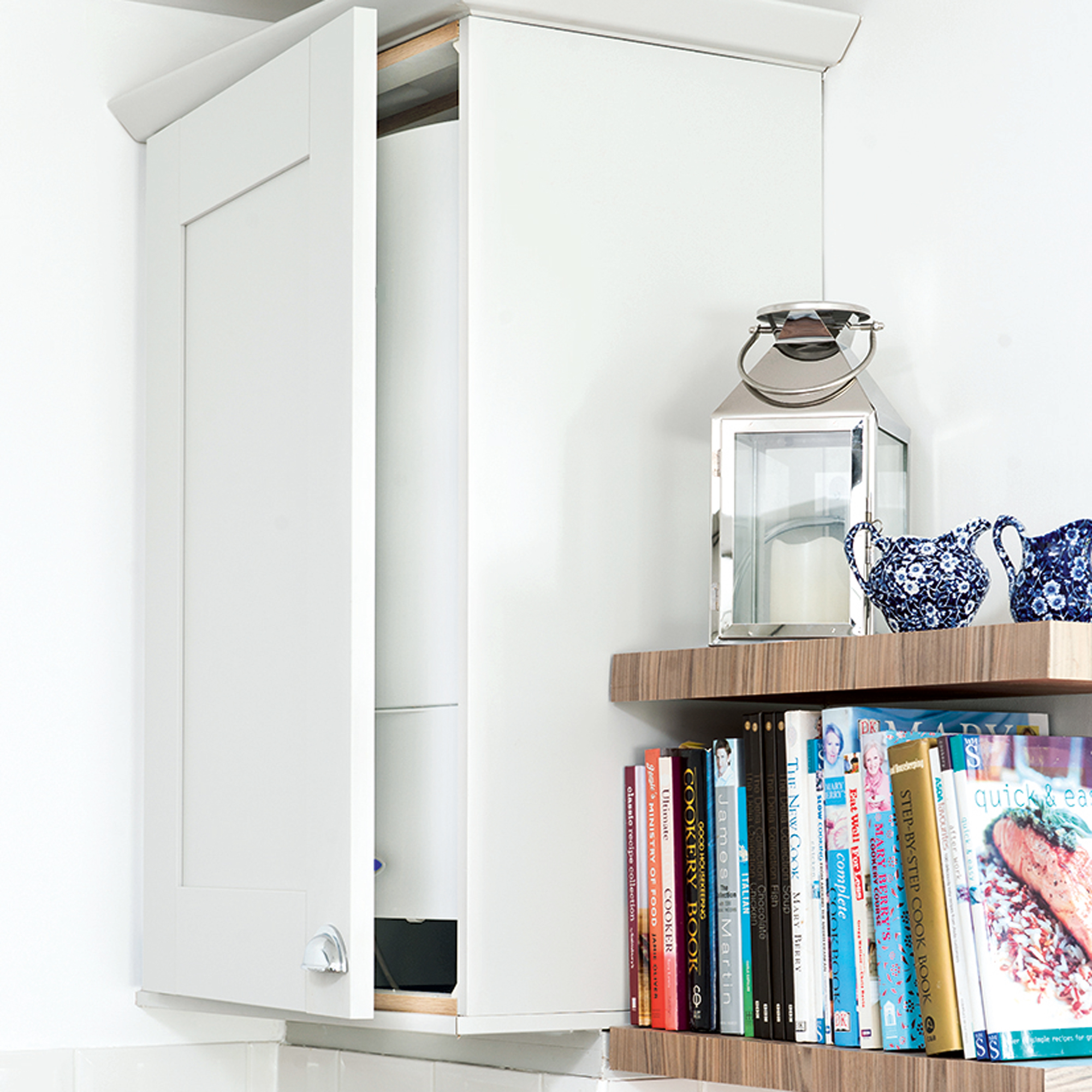
3. Use a combination of heating options
Many people assume that you have to choose just one option to efficiently heat your home, but that’s not the case. In fact, using a combination of heating options can not only heat your home better - but it can also be cheaper.
For example, you could use a combination of gas central heating and underfloor heating to keep your home at a comfortable temperature - especially if you choose to keep your underfloor heating at a specific temperature.
Nicholas says, ‘Underfloor heating works via either gas or electric, through pipes or electric coils that are under the flooring. These then warm the room up evenly through the ground, rather than heat from one specific source such as a radiator.’ He also adds, ‘Underfloor heating is more energy efficient than radiators as it evenly heats the space.’
If you feel particularly cold during the winter months and don’t want to turn your heating up a notch, you could then add an electric heater or one of the best electric blankets into the mix to take away the chill. Just make sure you know whether it’s better to buy an electric heater or a gas heater.
How your decisions can impact the efficiency of your heating

When we asked Nicholas the most efficient way to heat a house, his answer was, ‘It really depends on your home and your heating preferences when it comes to which is best and which is most efficient.’ Because of this, it’s important to note that your own decisions can impact the efficiency of your heating system. So, it’s a good idea to ask yourself a few questions:
- Which rooms are you heating? The question of whether you should heat the whole house or just the rooms you’re using is a tough one. While it may seem more efficient to only heat the rooms you’re using, the answer ultimately depends on your needs and your house. If you have a small, well-insulated home, heating the whole house can work in your favour. If you have a large, poorly insulated home, heating specific rooms is better.
- Where is your furniture positioned? Furniture placement is incredibly important if you want to make your home warmer. The experts at Bionic say, ‘When furniture blocks heat sources like radiators, it reduces airflow and forces your heating system to work harder, leading to higher energy bills. To maximise efficiency, furniture should be moved to allow heat to flow freely from radiators, fires, and heaters.’
- Are you using smart technology? While smart heating systems may not have been on your radar, they can make a huge difference to the efficiency of your home heating. You can monitor and control your heating use to make it run more efficiently by using smart meters, smart thermostats, and smart radiator valves. However, whether smart heating systems are worth it ultimately depends on the size of your home.
FAQs
Is it cheaper to keep heating on low all day?
While it’s long been said that keeping your heating on low all day - rather than turning it on and off up when you need it - can save you money, most experts would argue that this isn’t true. After all, the longer you pump into your house, the more energy you use, and the more you’re likely to suffer heat loss as a result.
Because of this, it’s advised to only heat your home when needed. However, it’s also important to note that personal preference does play a part in this. If you’re someone who works from home all day, you may find it more comfortable to keep the heating on low all day despite it being more expensive.
So, you need to weigh up what works for your budget, your home, and your personal heating preferences.
Are plug in electric heaters safe?
Yes, plug-in electric heaters can be a safe and efficient way to heat a house. They’re typically used as an addition during the winter months and used alongside a primary central heating system.
However, it’s also important to note that they can be a safety hazard if used incorrectly and can even lead to fires in your home. Because of this, it’s always best to buy a plug-in electric heater from a tried and tested brand and follow the correct safety precautions. These include:
- Keep your plug-in electric heater on a flat surface.
- Keep it away from combustible materials.
- Never leave it unattended.
So, there you have. That’s the most efficient way to heat a house! Will you be making any changes to your heating system?

Lauren Bradbury has been the Content Editor for the House Manual section since January 2025 but worked with the team as a freelancer for a year and a half before that. She graduated with a Bachelor’s degree in English and Creative Writing from the University of Chichester in 2016. Then, she dipped her toe into the world of content writing, primarily focusing on home content. After years of agency work, she decided to take the plunge and become a full-time freelancer for online publications, including Real Homes and Ideal Home, before taking on this permanent role. Now, she spends her days searching for the best decluttering and cleaning hacks and creating handy how-to guides for homeowners and renters alike, as well as testing vacuums as part of her role as the Ideal Home Certified Expert in Training on Vacuums, having spent over 110 hours testing different vacuum models to date!
-
 I spent the afternoon looking through Wayfair's garden sale – these are the 6 pieces I'm buying immediately for summer
I spent the afternoon looking through Wayfair's garden sale – these are the 6 pieces I'm buying immediately for summerThese are my must-have garden buys from the sale
By Holly Reaney
-
 Stripes have got a bold new look – here’s how to make the trend work in your home, according to interior experts
Stripes have got a bold new look – here’s how to make the trend work in your home, according to interior expertsAdd a pop of personality to the classic pattern
By Maddie Balcombe
-
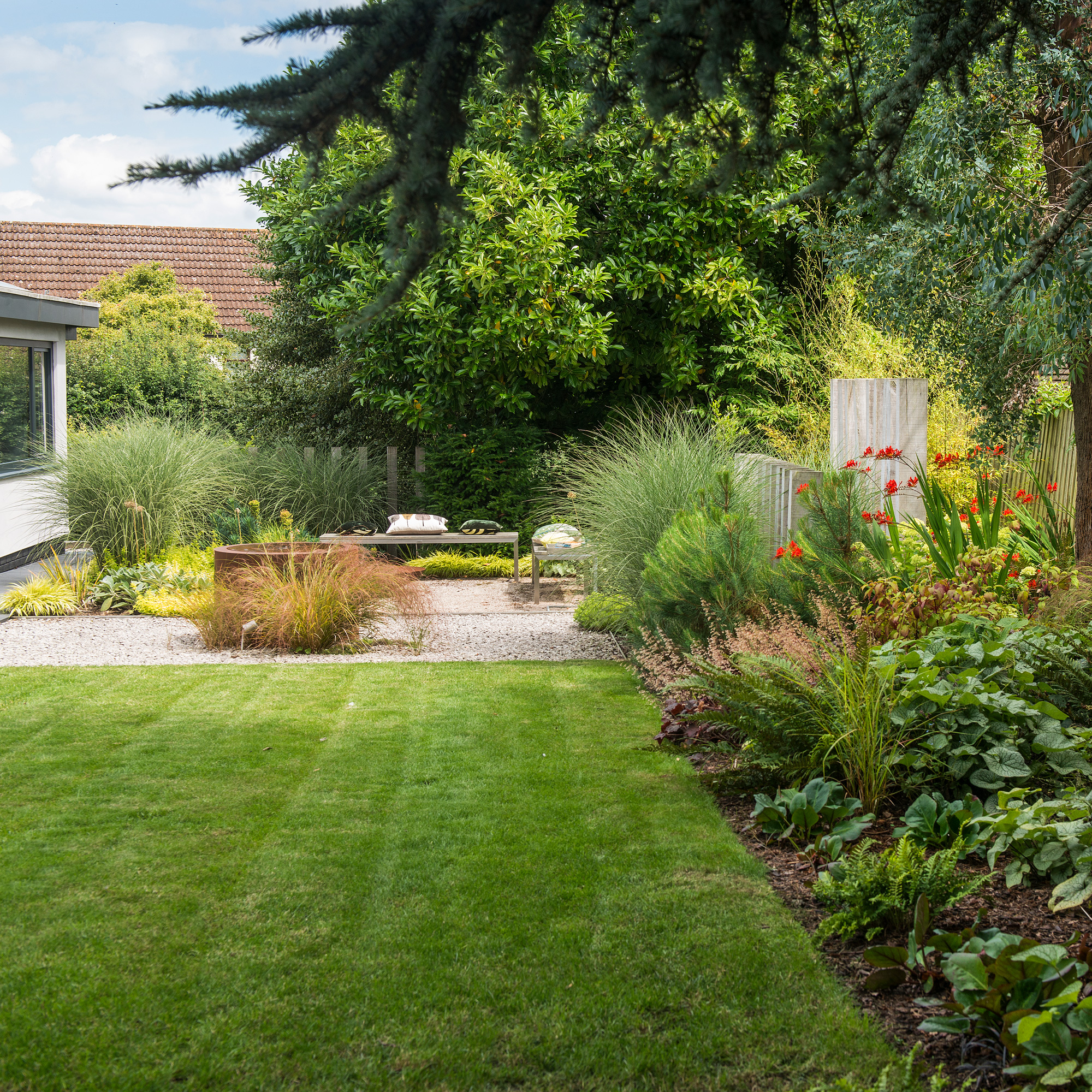 What to do if you've sown the wrong grass seed – experts reveal exactly how to fix it and get your dream lawn back on track
What to do if you've sown the wrong grass seed – experts reveal exactly how to fix it and get your dream lawn back on trackDon't panic! Follow this easy guide to putting it right
By Natalie Osborn